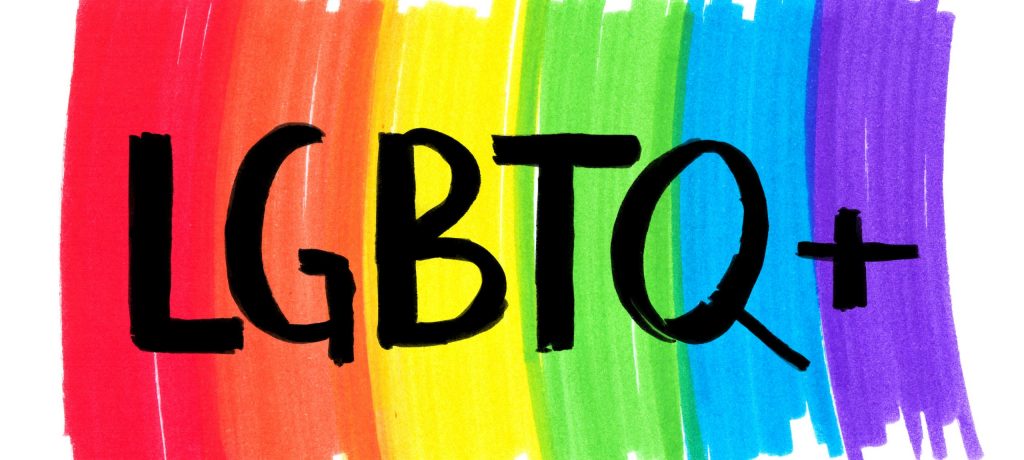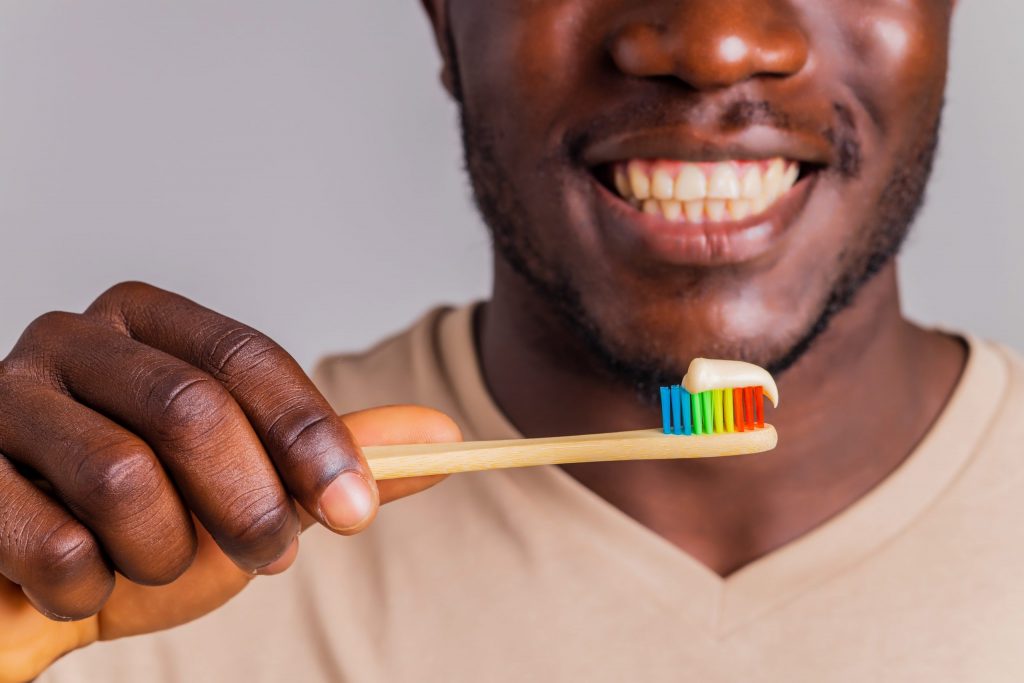Information Library
Start Reading

Considering that 5.6% of American adults identify as LGBTQ, and the percentage increases to 15.9% for Generation Z (born between 1997 and 2002), it is important for the LGBTQ+ community to have access to inclusive and comfortable LGBTQ+ dental care. At the University of Pennsylvania School of Dental Medicine, third-year student Riley is leading the charge.
Riley is president of the Penn Dental Pride Alliance and a class representative of the Committee of Cultural Growth (CCG). He is currently working on a video featuring student interviews about what it means to be LGBTQ, what it means to be an ally of the community, and how healthcare providers should be strong advocates for the community, especially given recent anti-trans legislation. He shares why this mission is so important to him and what a dental (or any healthcare) practice can do to make this community feel welcomed and get the care they need.

University of Pennsylvania School of Dental Medicine third-year student Riley
There is a notable difference between the perceptions of patients and dental staff about the inclusiveness of dental clinics for the LGBTQ+ community. Although 80% of dental staff feel spaces and experience are suitable, only 40% of patients believe they are. A different study shows that of the 71% of the LGBTQ+ community who visit the dentist, 43% felt uncomfortable, and 34% reported experiencing unfair treatment due to their sexual orientation.
Riley works in Penn Dental Medicine’s teaching clinic and has developed an LGBTQ+ Resource Guide with the dental school’s Student Affairs office that details to fellow students how to make an LGBTQ patient’s experience as comfortable as possible.
“When I introduce myself, I lead with my pronouns, as this leaves space for the patient to share if they would like,” he explains, understanding that many LGBTQ+ people may not feel comfortable disclosing sexual orientation or gender identity due to fear of discrimination. “I also think that spending a couple of minutes talking with your patient about their life before diving into the medical history questions helps them feel more welcome.”
Building relationships is important because community members are prone to financial instability and depression, leading to poor oral hygiene habits. They also tend to use tobacco products more frequently, increasing the risk of gum disease. Some individuals fear insurance plans may deny or delay their care due to their sexual orientation or gender identity. By understanding these unique issues, LGTBQ dentists can address these concerns and provide quality oral healthcare for all patients.
 Dental practices can make their offices more LGBTQ-friendly by:
Dental practices can make their offices more LGBTQ-friendly by:
 Being the Change Starts With Us
Being the Change Starts With Us“I got involved in improving LGTBQ dental care because I think it’s important to be the change you want to see in the world,” Riley shares. “Also, I want people who share my identities or look like me to think, ‘Well, if he can do it, so can I.’”
Between his dental studies and LGTBQ advocacy, Riley also found time to plan multiple events that have brought in speakers from various fields and perspectives. The most recent event in honor of Juneteenth brought public health dentists and government officials to speak about Medicaid, dentistry, and public health residencies.
Welcoming and treating the LGTBQ community is important at Penn Dental Medicine, and we congratulate Riley on his powerful personal commitment. In addition to implementing LGTBQ policies and practices in our offices, our Penn Dental Medicine LGBTQ+ Fund supports research into biases against LGBTQ people in the dental field and helps support school work to eliminate biases against LGBTQ people in dentistry. It’s part of our continuing commitment to provide all patients with the best possible care. (You can also see what we’re doing for adults with special needs in our free eBook.)
If you or someone you love is looking for an LGTBQ-friendly dentist, please don’t hesitate to schedule an appointment or call us at 215-898-8965.